 World
World

The Vietnam News Agency has selected 10 events that shook the world in 2016:
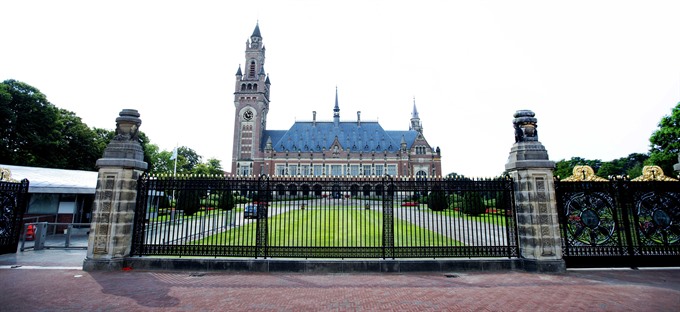 |
1. The Permanent Court of Arbitration (PCA) in The Hague rejects China’s claim of the East Sea: On July 12, the Tribunal, constituted under Annex VII to the 1982 United Nations Convention on the Law of the Sea (UNCLOS), issued the final ruling on the Philippines’s lawsuit against China on a dispute in the South China Sea (known as the East Sea in Việt Nam). The ruling clarified that there was no legal basis for China to claim historic rights to resources within the sea area enclosed by the so-called “nine-dash line”, and the “nine-dash line” drawn by China was contrary to the UNCLOS. This was the first international ruling related to the East Sea disputes.
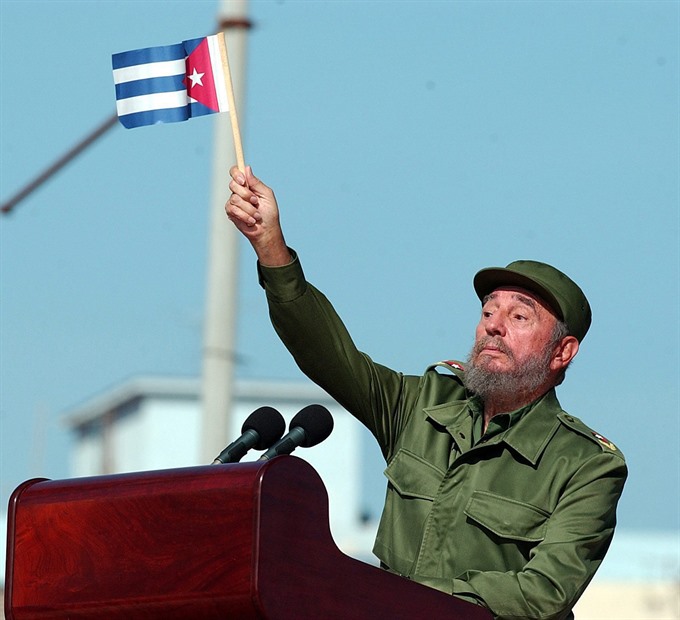 |
2. Cuban revolutionary leader Fidel Castro passes away: The great revolutionary leader of the 20th century and a close friend of the Vietnamese people died on November 26 at the age of 90. Fidel Castro gathered and led revolutionary forces and founded the first socialist state in the Western Hemisphere. His funeral procession passed through the island nation during nine days. Commemorative events were held worldwide.
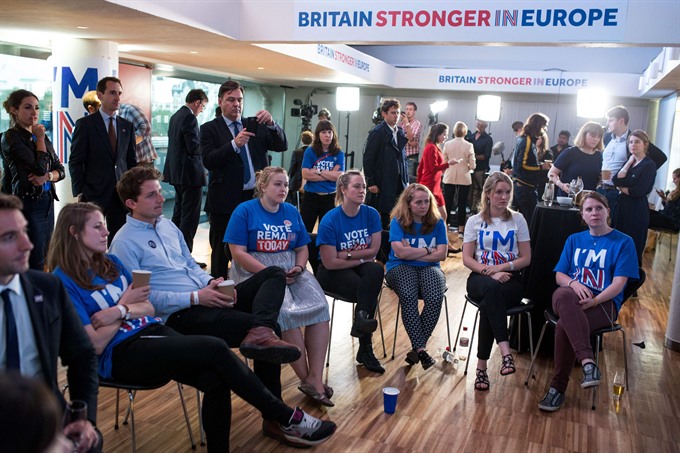 |
3. The UK chooses to leave the European Union: The majority of UK voters opted for the country’s separation from the EU in a referendum on June 23. The result shocked the world and shook the UK political scene. The decision by one of the EU’s major pillars also increased the risk of political, security and economic instability across the union.
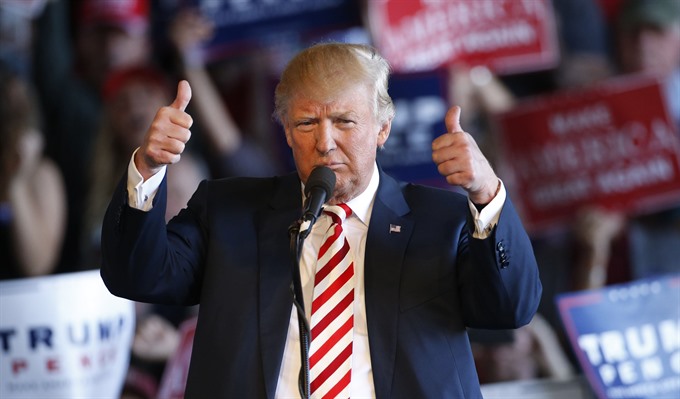 |
4. The surprise triumph of Donald Trump in the US presidential election: On November 8, Donald Trump, a populist without any political experience, won an overwhelming victory in one of the most dramatic elections in the country’s history. For the first time, the US has a businessman president. Trump’s strategy is controversial, making it hard to predict the new US administration’s policy.
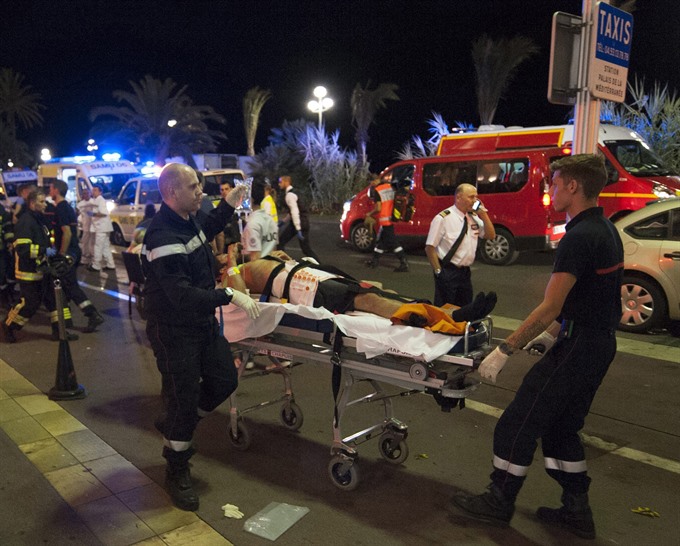 |
5. Security instability continues to plague Europe: A series of increasingly bloody terrorist attacks in European countries, including Germany, France, Belgium and Turkey, shocked the world, highlighting information and security gaps and poor cooperation on the continent. Along with terrorism, the prolonged migration crisis, the political disorder after Turkey’s failed coup d’état and worries about the new US administration’s policies are posing some of the greatest security challenges for the continent since the World War II.
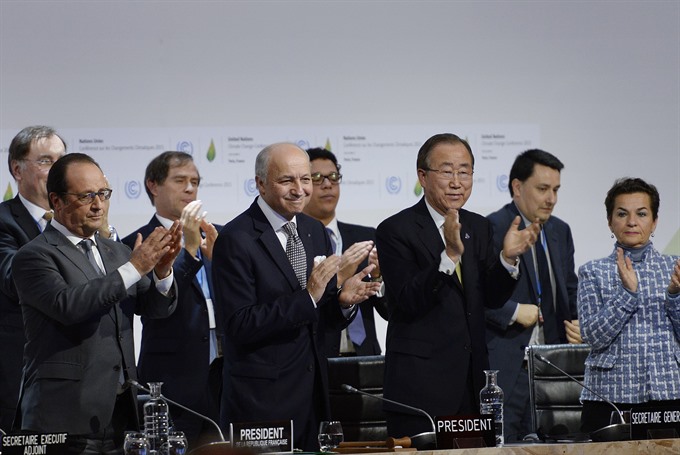 |
6. The Paris Agreement on climate change takes effect: Adopted by nearly 70 countries and territories, including those with the highest green house gas emissions such as the US, China and India, the Paris Agreement officially took effect on November 11, much earlier than expected, reflecting the stronger awareness of climate change threats. One of the typical examples is the El Nino phenomenon, which lasted from late 2015 to 2016 and caused extreme weather conditions such as record heat in South Asia, forest fires in Southeast Asia and serious floods in Latin America.
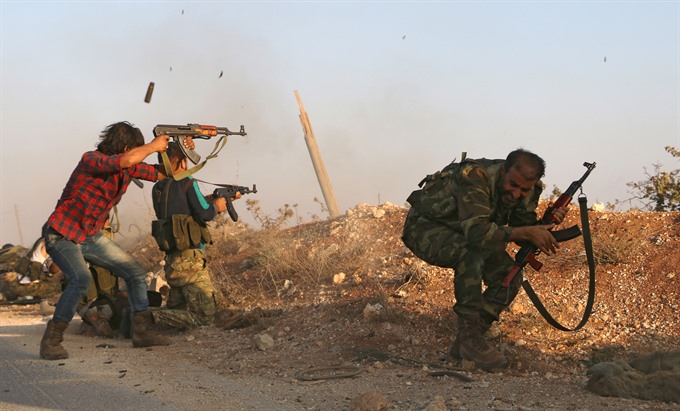 |
7. A major turning point in the Syria conflict: With the support of the Russian army, Syrian Government forces took control of almost all of the strategic city of Aleppo, the second largest city of Syria and capital of the opposition. The late December development marked an important watershed in the conflict that has been going on for nearly six years among the Syrian Government and its allies and opposition and terrorist groups.
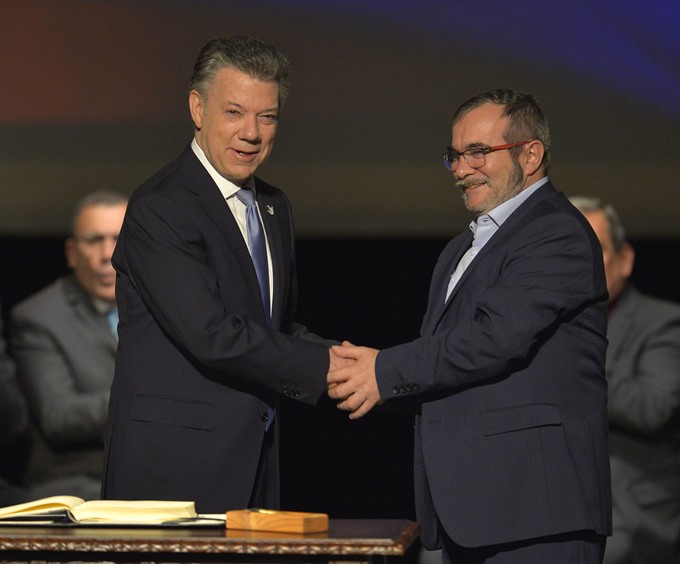 |
8. Colombia reaches historic peace deal: After almost four years of negotiations, on September 26 the Colombian Government and the Revolutionary Armed Forces of Colombia (FARC) signed a peace agreement, ending 52 years of conflict and opening up opportunities for peace and national conciliation. After being rejected in a referendum, the deal was revised and signed on November 24. It was passed by the Colombian parliament on December 1. It is considered a model for the settlement of conflict in many other countries such as Syria, Yemen and South Sudan. For his contribution to the historic agreement, Colombian President J.M. Santos was awarded the Nobel Peace Prize in 2016.
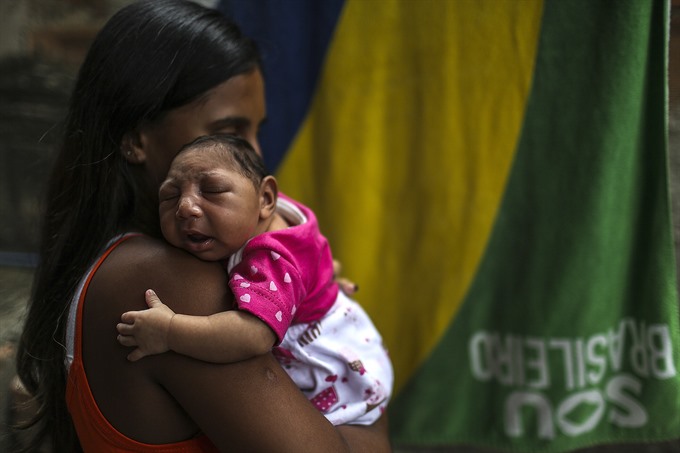 |
9. Zika virus spreads in the world: The mosquito-borne Zika virus, a cause of birth defects and fatal diseases, spreads in many Latin American and Caribbean countries, forcing the World Health Organisation to declare a global emergency. The virus also infiltrated into the US, Canada, a number of European countries, and many Southeast Asian countries, including Việt Nam. Currently, no vaccine or effective medicine against the virus have been found.
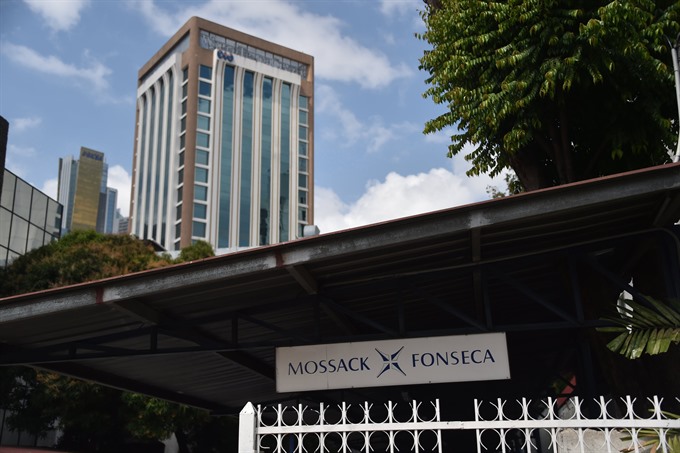 |
10. The “Panama papers” shake the world: The largest-ever data leak of over 11 million documents sheds light on a series of tax evasions and money laundering activities beginning from the mid-1970s and relating to hundreds of thousands of companies all over the world. The case forced administrations and authorised agencies of many countries to launch investigations, causing many officials and politicians to step down. — VNA




